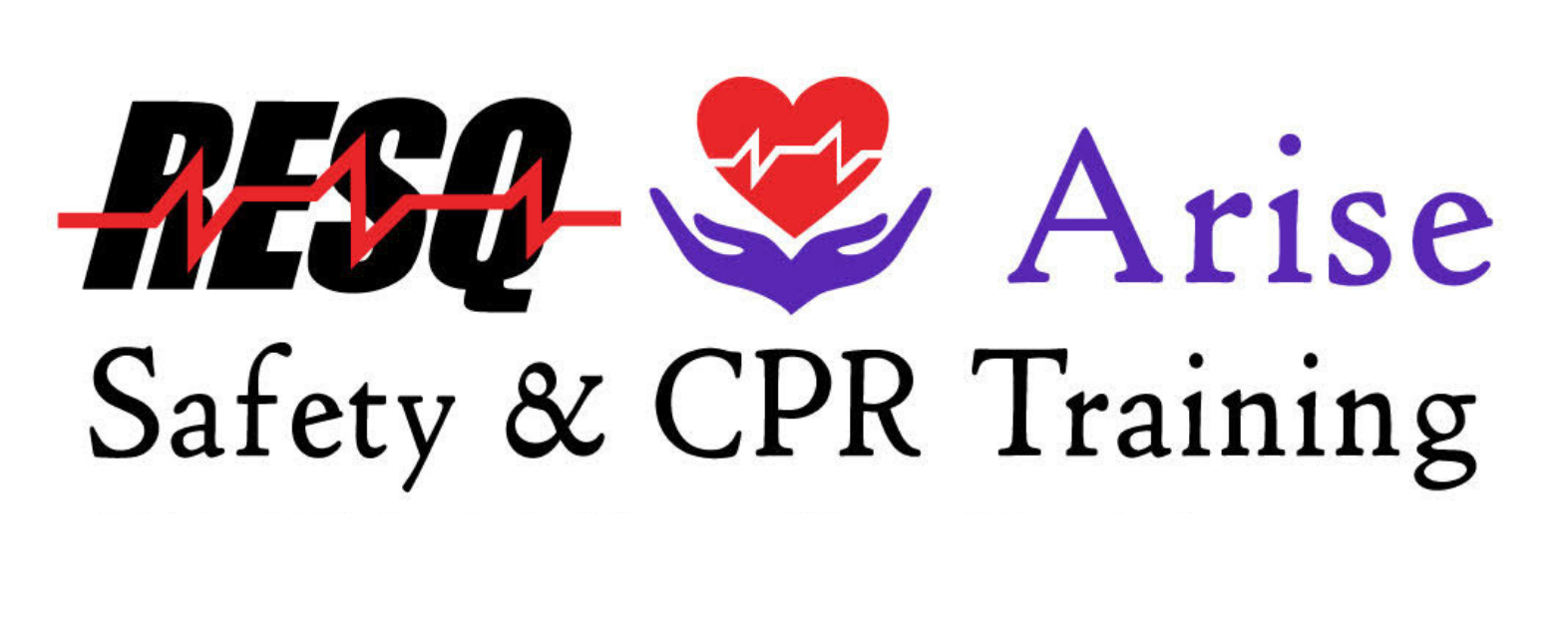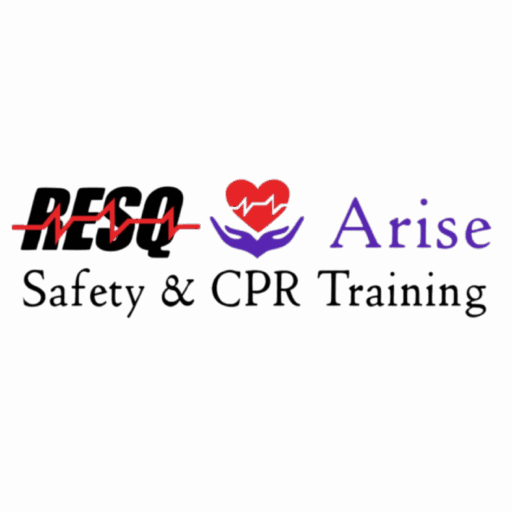As a Home Health agency, ensuring your staff is adequately trained in CPR, First Aid, and other life-saving skills is not only crucial for patient safety but also a regulatory requirement. One cost-effective and efficient way to meet these training needs is by having an American Heart Association (AHA) Certified Instructor on your team. In this blog post, we’ll explore the benefits of becoming an AHA Instructor, the requirements involved, and how this can help your agency save money while meeting compliance standards.
Why Becoming an AHA Instructor Makes Sense for Home Health Agencies
1. Cost Savings on Employee Training: Training your staff in CPR, First Aid, and other emergency response techniques can be costly, especially if you’re hiring external trainers for each certification. By having an in-house AHA Instructor, you can conduct these training sessions at your convenience, significantly reducing the overall cost of employee certifications. This is particularly beneficial for Home Health agencies where staff turnover can be high, and regular re-certifications are needed.
2. Ensuring Compliance with Regulations: Home Health agencies are required to meet specific training standards set by regulatory bodies, including CPR and First Aid certifications. By having a certified AHA Instructor on your team, you can ensure that all training meets the necessary guidelines, helping your agency remain compliant with state and federal regulations.
3. Flexible Training Options: An in-house AHA Instructor can offer flexible training schedules that align with your agency’s needs. Whether you prefer traditional in-person training or blended learning (a combination of online and in-person sessions), having a dedicated instructor allows you to tailor the training to your staff’s availability.
4. Enhanced Patient Safety: When your staff is well-trained in CPR and First Aid, they are better prepared to handle emergencies, ensuring the safety and well-being of your patients. Having an AHA Instructor on staff means you can offer ongoing training and refreshers, keeping your team’s skills sharp and up-to-date.
5. Additional Revenue Stream: If your agency has an AHA Certified Instructor, you can also offer CPR and First Aid training to other organizations, generating an additional income stream. This can be a valuable resource for local businesses, schools, and community groups who need regular certifications.
Requirements to Become an AHA Instructor
Becoming an AHA Instructor involves a few key steps:
1. Prerequisites: You must hold a current AHA certification in the discipline you wish to teach, such as CPR or First Aid. This ensures that you have a solid understanding of the material you’ll be instructing.
2. Instructor Essentials Course: You’ll need to complete the AHA’s Instructor Essentials Course, which is typically offered online. This course covers the fundamental principles of teaching AHA courses and prepares you for leading classes.
3. Classroom-Based Instructor Training: After completing the Instructor Essentials Course, you must attend a classroom-based Instructor Course. This hands-on training, conducted by an AHA Training Center, will teach you the skills needed to effectively deliver AHA courses.
4. Monitoring and Certification: Once you’ve completed your instructor training, an experienced AHA Instructor will monitor your first class. This is to ensure you meet AHA’s teaching standards. Upon successful completion, you’ll be certified as an AHA Instructor.
5. Ongoing Requirements: To maintain your instructor status, you must teach a minimum number of courses each year and stay updated with any new AHA guidelines or course content.
Become an AHA Instructor with RESQ Training
If you’re ready to take the next step in enhancing your Home Health agency’s training program, RESQ Training is here to help. We offer comprehensive AHA Instructor Training programs designed to equip you with the skills and knowledge needed to train your staff effectively.
With our support, you can ensure your agency remains compliant with all training requirements, save money on external training costs, and even create new opportunities for income through external training sessions.
Ready to get started? Contact RESQ Training today to learn more about our AHA Instructor Training programs and how they can benefit your Home Health agency.
Contact Information:
Phone: 317-786-7260
Email: Info@ResqTraining.com
Location: 5142 Madison Ave. Suite 4, Indianapolis, IN 46227





